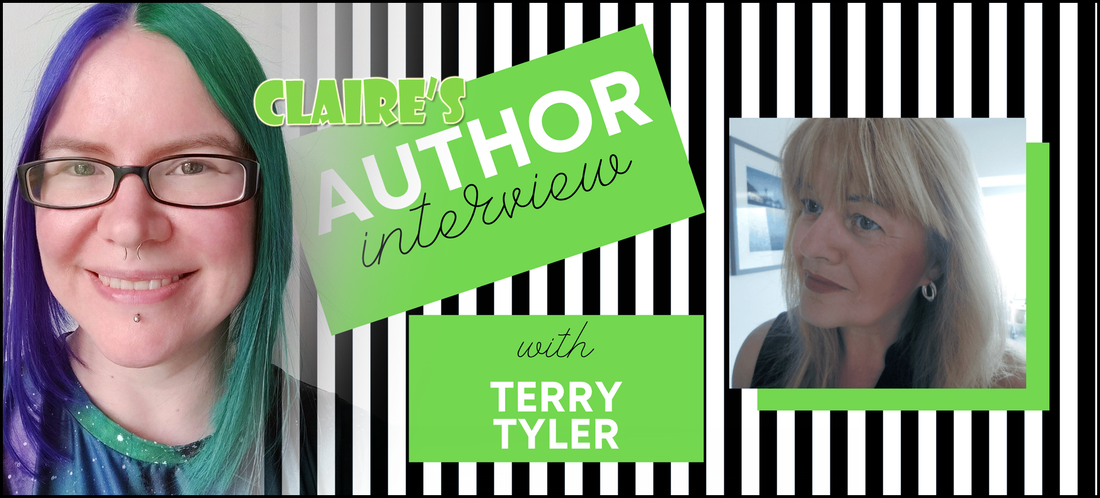One of these popular subsets continues to be the dystopian story.
For those caught unawares, Sir Thomas More (1478-1535) first coined the term, using it to describe what he had defined in his own work as the opposite of utopia. Since then, the word has long been accepted to portray a particular society or world – generally created in an alternate reality or some future period – in which grave injustices or suffering extend across social classes. The people populating these works tend to exist in dark, depraved circumstances, often times depicted with misery, overcrowding, and despair.
Still needing a bit more? Well, if you'd like some greater examples of dystopian worlds that have come before, then you can check out the following: this link gives you some of the best literary examples in writing, and this link gives you some incredible films that have capitalized on the same. I learned long ago that sometimes it works better to give examples readers can relate to instead of dishing out a complex word salad.
Why do I bring this up this morning?
Well, our faithful steward Claire has posted another of her author interviews, this time sitting down with Terry Tyler. Tyler has a professional portfolio of over twenty novels, and one of her more popular series includes the dystopian thrillers Hope, Wasteland, and Megacity, all part of her Operation Galton series. In the interview, Tyler sounds off on her works, her process, gives a bit of her personal history in publishing, and even talks about some of the people she follows online. It's a very well-rounded piece, and I encourage folks to check it out.
Important links:
Claire on Twitter
Claire's website
Terry Tyler on Twitter
Terry's Amazon.com profile page
We here at SciFiHistory.Net are huge supporters of creative voices, and we encourage interested readers to check out both what Claire has to offer and the talent she interviews.
As always, thanks for reading ... and live long and prosper!
-- EZ


 RSS Feed
RSS Feed